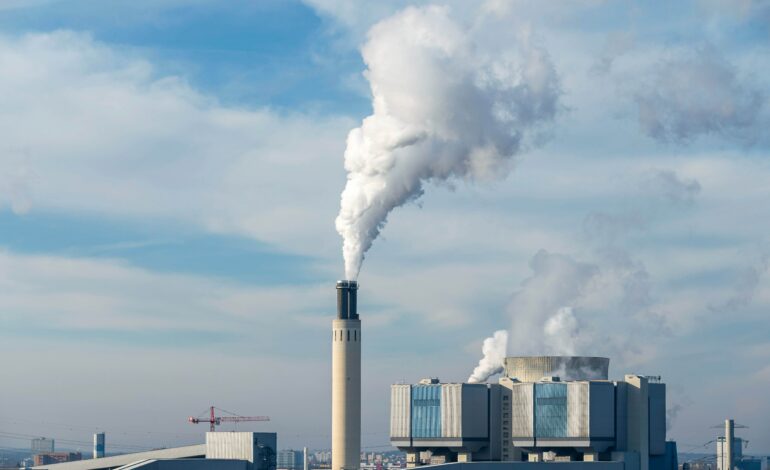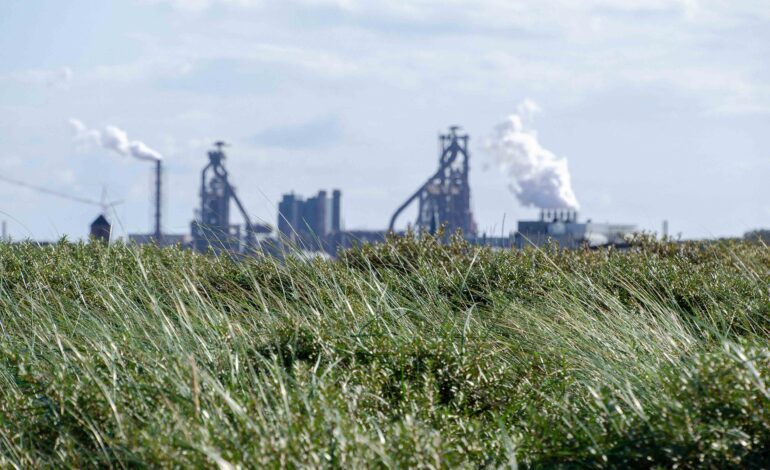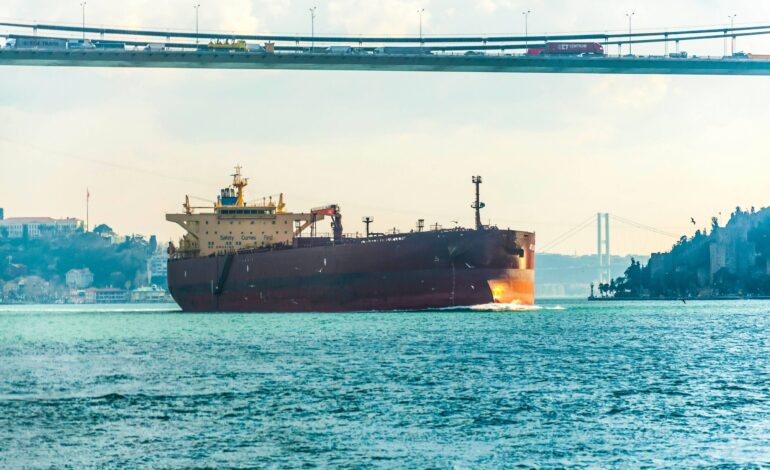
Comparative Studies of Bunker Fuel and Other Marine Fuels
Marine fuels are pivotal in powering ships and vessels worldwide, with their environmental impact being a significant concern. This article delves into comparative studies between bunker fuel and alternative marine fuels, focusing on their composition, emissions profiles, and environmental implications.
Understanding Bunker Fuel
Bunker fuel, also known as marine fuel or ship fuel, is a type of fuel specifically formulated for maritime vessels. Derived from crude oil, it is characterized by high viscosity and sulfur content, crucial for providing the energy necessary to propel large ships over long distances. Bunker fuel is categorized into various grades based on viscosity and sulfur content, with higher sulfur content fuels being less refined and cheaper to produce, albeit emitting more pollutants.
Comparison with Alternative Marine Fuels
- Liquefied Natural Gas (LNG): LNG is increasingly favored as a cleaner alternative to traditional bunker fuels due to its lower sulfur content and reduced emissions of sulfur oxides (SOx) and particulate matter. Combusting LNG also results in lower levels of nitrogen oxides (NOx) and carbon dioxide (CO2) compared to conventional bunker fuels, making it a preferred choice to meet stringent emission regulations.
- Low-Sulfur Marine Gasoil (LS MGO): LS MGO is a refined petroleum product with significantly lower sulfur content compared to traditional bunker fuels. It complies with International Maritime Organization (IMO) regulations under MARPOL Annex VI, which mandate sulfur emissions limits for ships in designated emission control areas (ECAs). LS MGO offers reduced emissions of SOx and particulate matter, contributing to improved air quality and environmental health.
- Biofuels: Derived from renewable sources such as biomass or algae, biofuels are being explored as sustainable alternatives to bunker fuels. These fuels have the potential to reduce greenhouse gas emissions and fossil fuel dependency while providing comparable performance in terms of energy density and combustion characteristics.
Environmental Implications
The choice of marine fuel significantly impacts air quality, climate change, and marine ecosystems. Bunker fuels, particularly those with high sulfur content, contribute to air pollution through the release of sulfur oxides, nitrogen oxides, particulate matter, and greenhouse gases. These pollutants can lead to acid rain, smog formation, and adverse health effects in coastal communities and sensitive marine habitats.
Regulatory Landscape
The regulatory framework governing marine fuels is evolving to address environmental concerns and promote cleaner technologies. IMO’s MARPOL Annex VI sets sulfur emissions limits for ships globally, with stricter requirements in ECAs. These regulations have spurred the adoption of low-sulfur fuels like LS MGO and LNG, prompting shipping companies to invest in emissions-reducing technologies and alternative fuels.
Conclusion
Comparative studies of bunker fuel and alternative marine fuels underscore the necessity of transitioning toward cleaner and more sustainable energy sources in the maritime industry. While bunker fuel remains predominant due to affordability and availability, advancements in LNG, LS MGO, and biofuels offer promising alternatives that reduce emissions and mitigate environmental impacts. Continued research, regulatory support, and industry collaboration are crucial for accelerating the adoption of cleaner marine fuels and achieving long-term sustainability goals in maritime transport.





